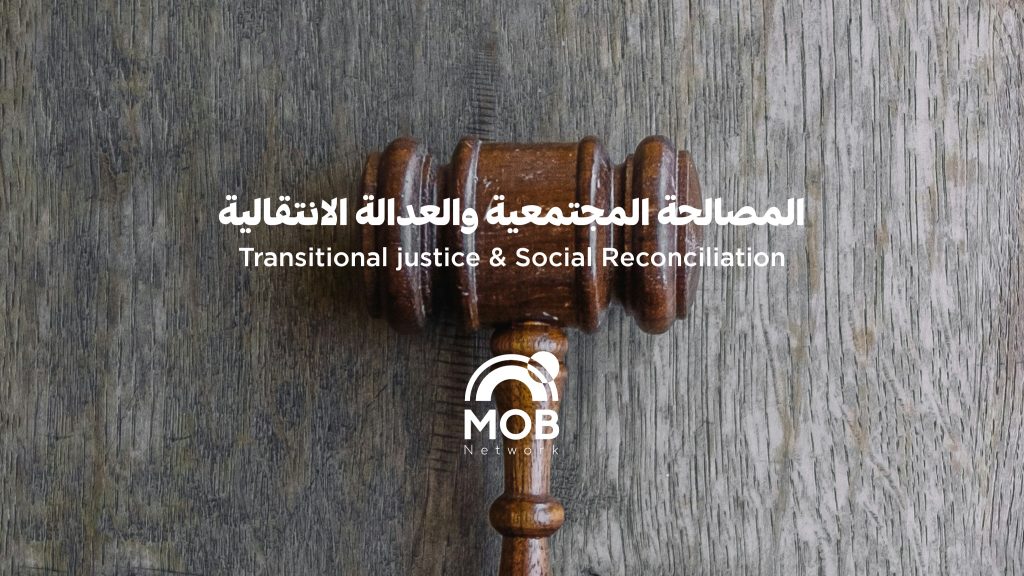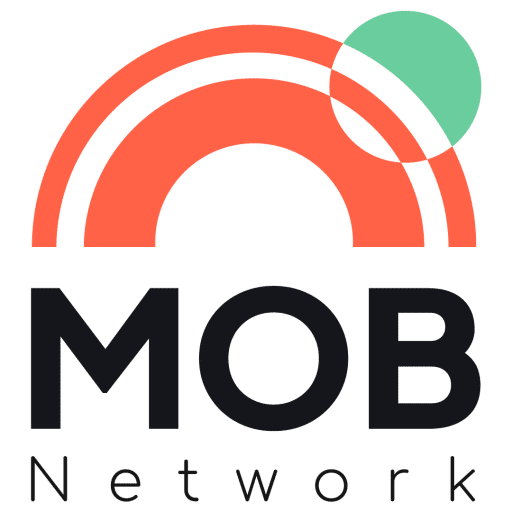
What is the Community Justice and Reconciliation Program?
This program focuses on promoting community-level understanding and practice of transitional justice and reconciliation through human-centered approaches rooted in the lived experiences and stories of individuals affected by conflict. Transitional justice refers to the set of judicial and non-judicial measures used to address the legacy of human rights abuses and promote accountability, truth, and justice in societies transitioning from conflict or repression. Reconciliation, on the other hand, is a process of healing and rebuilding relationships, fostering mutual understanding, and addressing the root causes of division and injustice.
The program empowers participants to confront the impacts of injustice and division, enabling them to rebuild relationships based on acknowledgment, fairness, and respect for human dignity. It provides safe spaces for dialogue, context analysis exercises, and examples from international practices, all of which enhance the capacity of communities to engage in self-healing and sustainable peacebuilding. Through this process, participants gain the tools necessary to support societal transformation, promoting a culture of peace, justice, and long-term stability.
Target Group:
The program is directed to community leaders.
Program Journey:
This program guides participants through a transformative journey focused on transitional justice and reconciliation, using human-centered approaches grounded in the lived experiences of individuals affected by conflict. It empowers participants to address the impacts of injustice and division, helping to rebuild relationships based on acknowledgment and fairness.
The journey includes safe spaces for dialogue, context analysis exercises, and international best practices, all aimed at enhancing the community’s capacity for self-healing and sustainable peacebuilding. By the end, participants will have the tools to contribute to lasting peace and support their communities in overcoming divisions.
Program Expected Outcomes:
Here are the expected outcomes of the program:
- Deepening understanding of community mediation as a key peaceful tool for conflict resolution within the Syrian context, focusing on the importance of dialogue between conflicting parties.
- Improved skills in facilitating organized communication between conflicting parties by a neutral third party, helping to overcome tensions caused by the conflict in Syria.
- Understanding and applying various peaceful methods such as negotiation, arbitration, and dialogue as part of a comprehensive approach to resolving conflicts in Syria.
- Development of essential skills like active listening, interest-based analysis, and trust-building, which are crucial for crafting consensual solutions in Syrian community contexts.
- Increased capacity to craft mutually acceptable solutions that consider the interests and needs of all parties involved, helping to build a more cohesive society.
- Strengthening the role of mediation in fostering local environments based on mutual respect, contributing to resolving the internal divisions within Syrian communities.
- Empowering local community leaders to effectively engage in conflict resolution using sustainable and peaceful methods, thus enhancing their role in the rebuilding process in Syria.
- Promoting a culture of peace within Syrian communities through a deeper understanding of peaceful conflict resolution strategies, contributing to greater social cohesion in the face of the challenges the country faces.
Community Justice and Reconciliation Program
Workshop Duration
4 days
Total hours
30 hr
Number of participants
20 at most
More About the program
